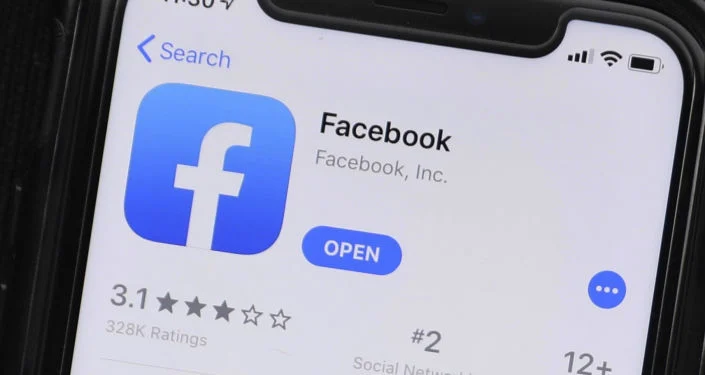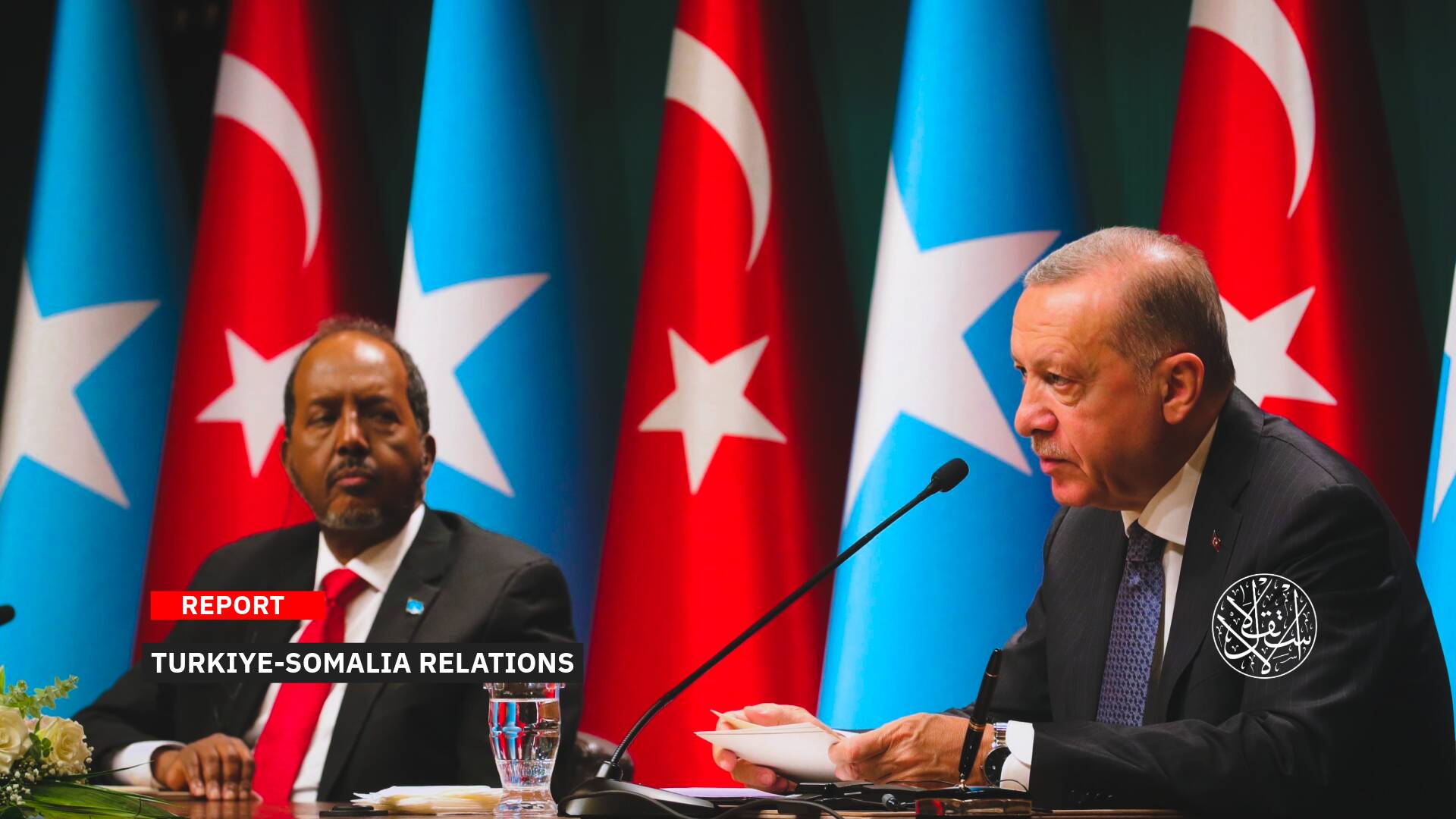How Did the Pro-Arab-Spring Media Deal With the Palestinian Cause in the Face of the Israeli Aggression?

A prominent role has been played by media organizations that adopted the discourse of the Arab Spring revolutions in introducing the Palestinian cause through social media platforms, during the recent Israeli aggression on the Gaza Strip and occupied Jerusalem.
The content provided by these institutions this time played a qualitative role that exceeded the previous times, as it defined the Palestinian cause more broadly and more accurately, and conveyed the extent of Israeli attacks on civilians and media professionals in Palestine, in a way that caused pressure on Israel and the parties cooperating with it.
This pressure led to the imposition of restrictions by social media platforms on content that deals with the issue of occupied Jerusalem and the Palestinian resistance.
The content was varied between publications, tweets, videos and photos. Hashtags supporting the cause of Palestine had topped the list in a number of Arab countries and reached the global trend, the most famous of them being the arabic hashtags of [#Save_Sheikh_Jarrah], [#Jerusalem_rises], [#Gaza_resisting], [#Al-Aqsa_in_danger], [#Gaza_under_bombing], and others in English, most famous of which being # GazaUnderAttack, #SaveSheikhJarrah.
Arab youth interacted as a result of this content in an unprecedented manner, as well as stars and Arab football celebrities among those interacting with international hashtags and trends, including the Algerian Riyad Mahrez, the Egyptian Mohamed Elneny, in addition to the Moroccan Achraf Hakimi, the Turkish Mesut Özil, among other stars.
Create Awareness
These trends represented an electronic demonstration and uprising, which created awareness of the importance of the issue in the minds of the Arab Spring youth, which prompted them to interact with the Palestinians.
This positive interaction appeared on platforms, most notably Rasd, Meem Magazine, and AJ+, through the extent of promoting and dealing with the issue, and circumventing the restrictions imposed by the companies Instagram and its owner Facebook, by writing letters of phrases without dottings or place them in an image rather than text, or by slicing words so that algorithms do not detect and restrict them.
In addition to creating awareness of the Palestinian cause and introducing the emerging youth and the rising generation to the issue, this interaction has made normalization, which was closer than at any other time, a distant prospect, especially in Saudi Arabia, which wanted to announce normalization, but is having difficulty in declaring it and convincing its people, who oppose recognition of Israel or normalization with it.
On May 18, 2021, the British Reuters agency quoted a researcher at Chatham House, Neil Quilliam, as saying that “it would be impossible for the Saudi leadership to think now about normalizing relations with Israel, not for at least two years.”
He added that “the scenes of destruction in the Gaza Strip will most likely make it difficult for Israel to obtain the major diplomatic prize, which is Saudi Arabia’s recognition of it.”
“But in the UAE which, together with Bahrain, recognized Israel in 2020 as part of the US-backed Abraham Accords, official criticism of Israel is now often balanced with the popular expression of harsh criticism,” said Quilliam.
However, the former adviser to the Crown Prince of Abu Dhabi, Abdulkhaleq Abdulla, tweeted in May 2021, saying: “The Abraham Accords are an irreversible process, because it is very clear that they are in line with the national priorities and strategic interests of the UAE, so there is no turning back.”

Pressure on the Occupation
The media campaigns were able to convey the crimes and violations of the Israeli occupation against civilians in the Gaza Strip, and the just cause gained international empathy, which put pressure on the occupation.
In the face of this empathy, some social platforms restricted some content that supports the Palestinians and attacks the occupation, in a way that was clearly aligned with the Israeli narrative.
The American website, The Intercept, published a report on the repeated deletion by Facebook of pro-Palestinian and critical posts.
The website noted the social network’s policies to prohibit criticism of Israel, especially amid the recent tensions caused by ongoing settlement attempts to seize Palestinian property and forcefully expel them from their homes.
During the recent Israeli aggression, Facebook restricted posts containing phrases such as “Zionist,” “Hamas,” “resistance,” among others, claiming that they incite hatred or violate standards.
Facebook also deleted personal accounts and public pages because they provided content criticizing the Israeli occupation, as well as deleting some hashtags such as #Al-Aqsa, before saying that the hashtags were “restricted in error.”
In response to these restrictions on freedom and behavior that represented a bias for the Israeli side against the Palestinians, the youth campaigned to rate the Facebook application with one star on the Google and Apple stores, which caused the value of shares to decline and the company to lose millions of dollars, which made it worry and apologize as a consequence.
On May 23, 2021, the American network NBC published a leaked internal message in which it said that the Facebook administration is very concerned about the campaign of negative ratings against the background of restricting access to Palestinian content, and have asked application stores to delete negative comments, in regards of which Apple refused Facebook’s request.
For its part, Facebook apologized to Palestinian Prime Minister Mohammad Shtayyeh over complaints it received for blocking Palestinian content that dealt with the conflict with Israel. The company acknowledged that it had classified some commonly used words among Palestinians, such as “martyr” or “resistance,” as incitement to violence and that it will perform a reassessment of their bans.
The former head of Facebook's policies and applications for the Middle East and North Africa, Ashraf Zeitoun, made a statement carried by Arab television screens, in which he said: “What we see now is part of an ongoing attempt and process by the Facebook and Instagram administration to suppress Palestinian voices and restrict them not to reach many countries worldwide.”
He added: “In my personal opinion and with my deep experience in that company, this justification [deleting the Al-Aqsa hashtag due to a technical error] is not convincing and incorrect. This is a deliberate policy, continuous, and systematic, and it is not a unique policy or a technical error that was made due to the constant movement on the main hashtags.”

Counter Media
In contrast to the “revolutionary” media institutions, the media of the counter-revolutions presented a hostile discourse to the people of Palestine, as the Al-Arabiya, Al-Hadath and Sky News channels funded by Saudi Arabia and the UAE attacked the Islamic Resistance Movement (Hamas), and even described it as a “terrorist” movement at a time where Palestinian civilians are exposed to bombing by the Israeli occupation missiles.
This rhetoric, which attacks Hamas instead of attacking the Israeli aggression, would serve Israel in demonizing its enemies.
Moreover, the Arabic hashtags [#zero_sympathy_with_them] and [#Palestine_is_not_my_cause] have topped the trending list in both Saudi Arabia and Bahrain, and has adopted the official Saudi and Emirati discourse in attacking Hamas, in addition to blaming the Palestinians for the recent aggression against them, in a behavior that some experts saw as hashtags run by what is called as “electronic flies” (automated bots) in both Riyadh and Abu Dhabi.
Waseem Yousef, a Jordanian with Emirati citizenship, tweeted via his account, saying: “Hamas fires missiles from between people’s homes and houses, and when the [Israeli] response comes, Hamas cries and screams, ‘Where are the Arabs, where are the Muslims?’ You made Gaza a graveyard for innocents and children!”
And he added in another tweet: “When Israel responds to Hamas’s rockets, they shout: ‘Where are the millions of Arabs?’ Of course the victims are children, women and innocent Gazans because of the foolish actions of the terrorist Hamas movement.”
As for the Saudi writer, Khaled Al-Zaatar, he called in a tweet to “put Palestine under the tutelage of joint Arab forces, and to disarm the terrorist Hamas.”
On April 13, 2021, the situation in the Palestinian territories erupted as a result of Israeli brutal attacks in occupied Jerusalem, especially Al-Aqsa Mosque and the Sheikh Jarrah neighborhood, in an attempt to evacuate 12 Palestinian homes and hand them over to settlers, after which tension moved to the West Bank, and later turned into a military confrontation in Gaza.
At the dawn of May 21, 2021, the implementation of a ceasefire began between the Palestinian factions in Gaza and Israel, with Egyptian and international mediation, after an 11-day attack by Tel Aviv on the Strip, which led to the death of 255 Palestinians.
In total, the Israeli aggression on the Palestinian territories resulted in 289 martyrs, including 69 children, 40 women, and 17 elderly people, in addition to more than 8900 injured, 90 of whom were in critial conditions.










